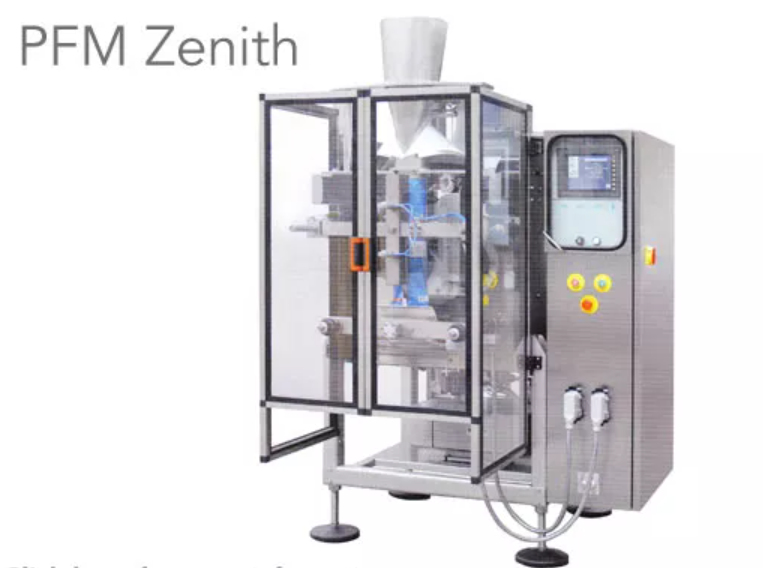- https://sealtick.com/canned-food-packaging-testing/
- In the realm of food and beverage packaging, canned packaging testing plays a crucial role in ensuring the integrity, safety, and quality of products before they reach consumers' hands. These rigorous testing protocols are designed to assess various aspects of canned packaging, from structural integrity and hermetic sealing to resistance against external factors such as temperature, pressure, and mechanical stress.
Category:

One of the primary objectives of canned packaging testing is to evaluate the integrity of the can’s seal, which is essential for preventing contamination and maintaining product freshness. Tests may include vacuum and pressure tests to assess the seal’s resistance to leaks and spoilage, as well as burst tests to determine the can’s maximum pressure tolerance.
Additionally, canned packaging testing involves assessing the durability and resilience of the packaging material itself. This may include tests for puncture resistance, impact resistance, and corrosion resistance to ensure that the can withstands handling, transportation, and storage without compromising its contents.
Furthermore, canned packaging testing may involve evaluating the compatibility of the packaging material with the product it contains, including assessing the risk of chemical migration or interaction that could affect product quality or safety.
In essence, canned packaging testing is a critical step in the production process, providing assurance to consumers that the products they purchase are safe, high-quality, and free from defects. By adhering to stringent testing protocols, manufacturers can uphold their commitment to excellence and consumer satisfaction in the competitive marketplace.



